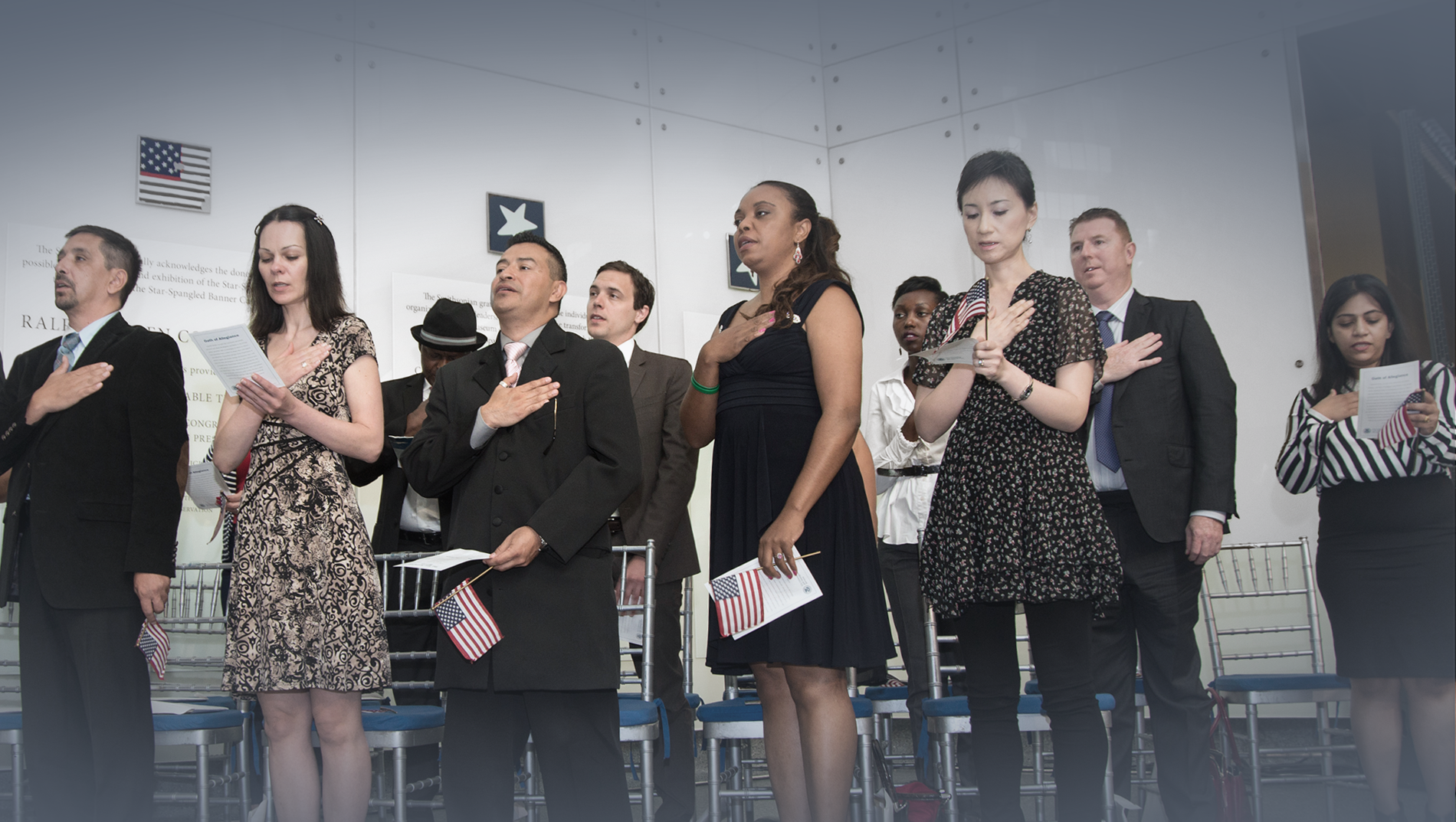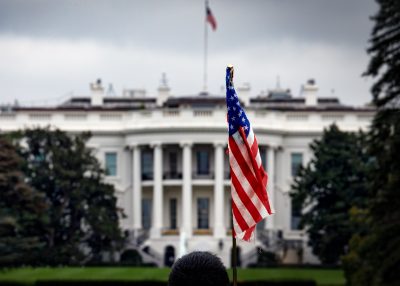How the Immigration System Works
The U.S. immigration system operates under an intricate set of rules that outline who can enter, reside in, and become a citizen of the United States. It includes various pathways like family-based immigration, employment visas, and refugee and asylum status, each with its own criteria and application processes. Several federal agencies, including the Department of Homeland Security and the State Department, oversee the system and enforce immigration laws and policies, handle applications, and manage border control. Learn more by exploring the resources below.
How the United States Immigration System Works
- How the Immigration System Works
- June 23, 2024
U.S. immigration law is very complex, and there is much confusion as to how it works. This fact sheet provides basic information…
Read More
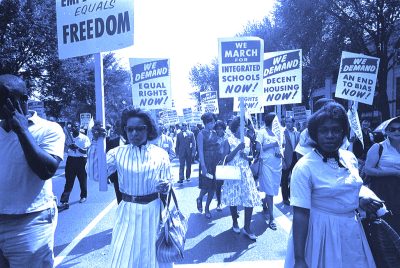
The Trump Administration Wants to Return to a Pre-Civil Rights Immigration System
The ideology of President Trump is about more than limiting how many immigrants enter the United States each year; it’s about turning back the clock on U.S. social history. A recent analysis by law professor Robert Tsai explores how President Trump’s ideology—labeled “Trumpism”—is the latest installment… Read More

Why Don’t Immigrants Apply for Citizenship?
There is no line available for undocumented immigrants and the “regular channels” do not include them. Read More

New Public Charge Rule Imposes Wealth Test on Newcomers
The Department of Homeland Security (DHS) published the final version of its new “public charge” regulation on Monday morning. The rule would make it easier for the government to deny a green card or visa to immigrants it believes are likely to receive certain public benefits… Read More

New Public Charge Rule Guts Legal Immigration Eligibility
The Department of Homeland Security announced a new regulation that redefines who can be considered a “public charge” under immigration law. The new regulation will likely have a chilling effect on America’s family-based immigration system, drastically limiting who will be permitted into the United States. Read More

Statement for the House Judiciary Committee, Subcommittee on Immigration and Citizenship Hearing “Policy Changes and Processing Delays at U.S. Citizenship and Immigration Services.”
The statement highlights the Council’s concerns regarding systemic U.S. Citizenship and Immigration Services delays in responding to Freedom of Information Act (FOIA) requests. Read More
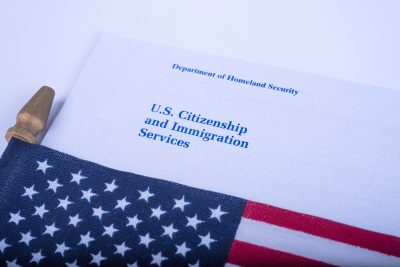
USCIS Processing Delays to be Investigated by Government Accountability Office
Applications for permanent residence and other immigration benefits are taking longer than ever to process. U.S. Citizenship and Immigration Services (USCIS), the agency responsible for adjudicating these applications, has a backlog at “crisis levels.” While USCIS processing delays have increasingly been a problem, the backlog is reaching new highs… Read More
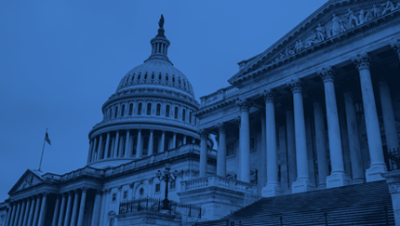
Statement for the House Judiciary Committee, Subcommittee on Immigration and Border Security on “Another Surge of Illegal Immigrants Along the Southwest Border: Is this the Obama Administration’s New Normal?”
The statement shares our analysis and research regarding the children and families that have fled Central American violence to the United States. Read More

Statement for the Senate Judiciary Committee on “Oversight of the Administration’s Misdirected Immigration Enforcement Policies: Examining the Impact on Public Safety and Honoring the Victims”
The statement highlights that immigrants are less likely to be serious criminals than the native-born and that high rates of immigration are associated with lower rates of violent crimes and property crimes. Read More
Make a contribution
Make a direct impact on the lives of immigrants.

